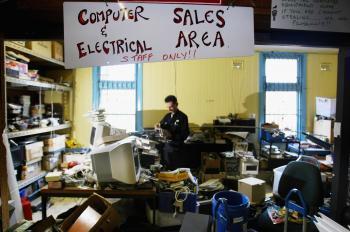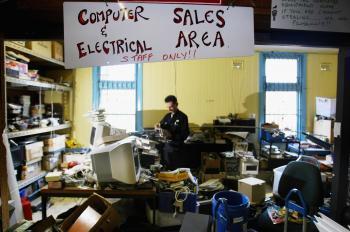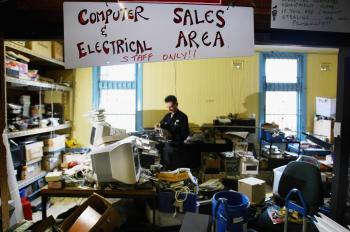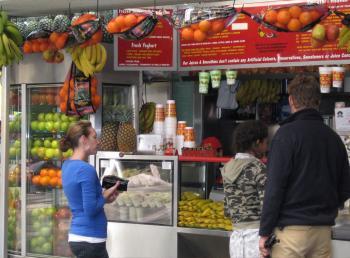The term “throw-away society” is often used to describe today’s culture. It seems to be an ever-morphing period of time where change comes faster than the second hand of a clock, a time in which we increasingly purchase new items on the slightest whim, with little or no thought for the repercussions of waste.
Most goods, from food to clothing, are over-packaged for improved presentation and to grab the consumer’s attention. Thankfully, due to a shift in awareness, people are taking a greater interest in environmental issues and making the right choice to reuse, recycle and renew.
Recycling is a daily part of most households throughout Australia. Recycle wheelie bins are supplied by most councils, which makes recycling easy and effortless. If you’re not in the habit of recycling, there’s no time like now to start! It is just a matter of finding a system that works and creating a habit so your enviro-friendly actions can be easily sustained.
Start with your general household rubbish by having two rubbish bins inside – one for non-recyclables and the other for recyclable rubbish. Take this one step further and keep a third bin outdoors – a compost bin – for all your organic waste. You can use the compost in your garden to supply extra nutrients to your plants.
Recycling has come a long way over the past 10 years and is more than just separating the plastics, papers and tins from organic and non-recyclable rubbish. Items you may have thought worthless and ready for the bin could be taken to your recycling depot or even returned to the manufacturer to reuse certain parts.
Mobile phones, iPods, printers, smoke detectors and printer cartridges can still be useful when they’re no longer any use to you. Your effort to recycle such goods will save valuable space being used for landfill as well as preventing toxic chemicals and metals from entering the environment. For information on how to recycle anything from old shoes to wedding dresses to women’s cosmetics, visit www.lime.com/green_home .






